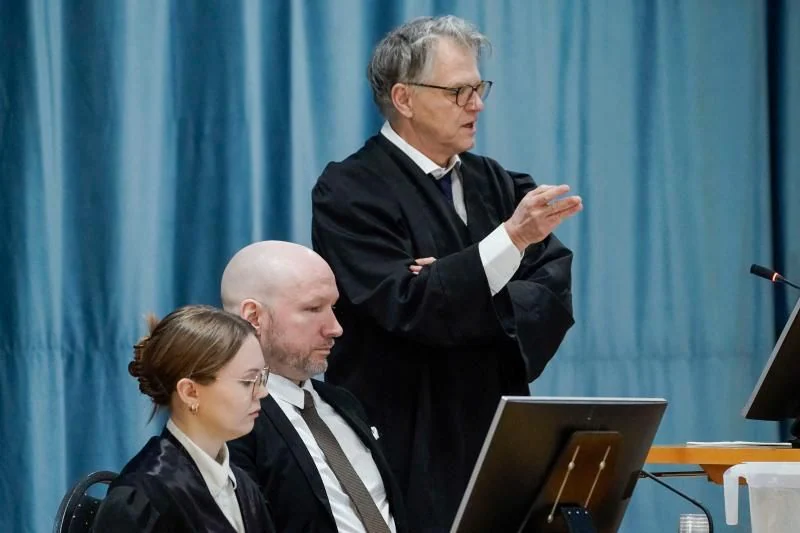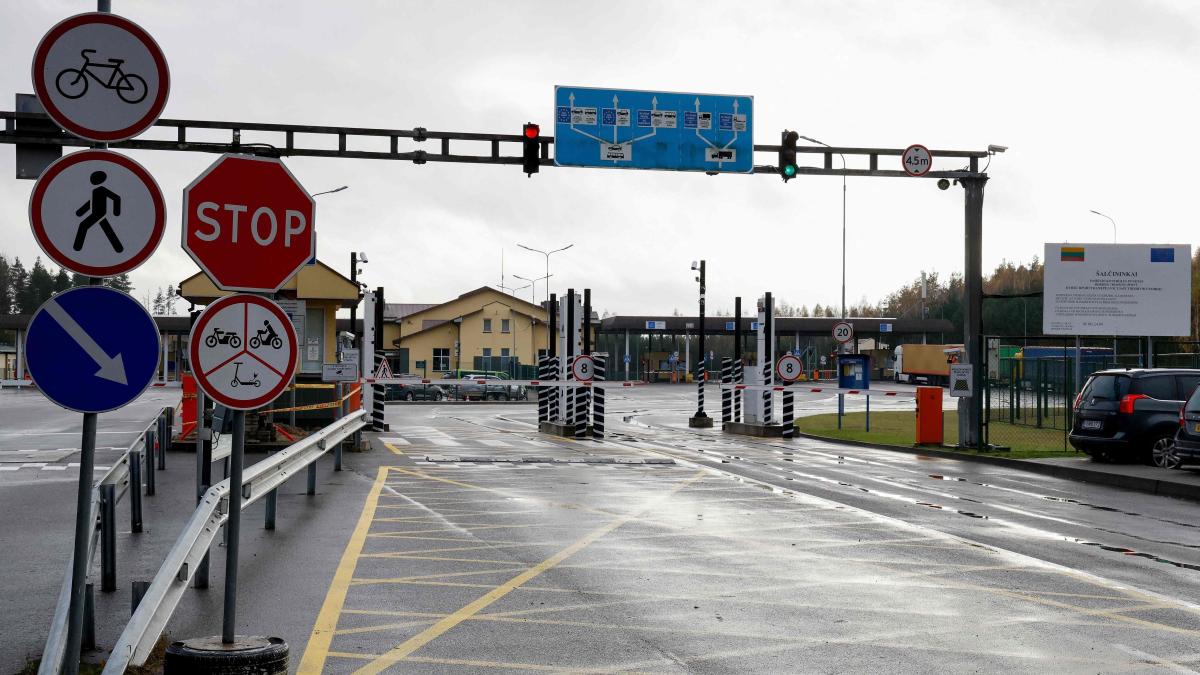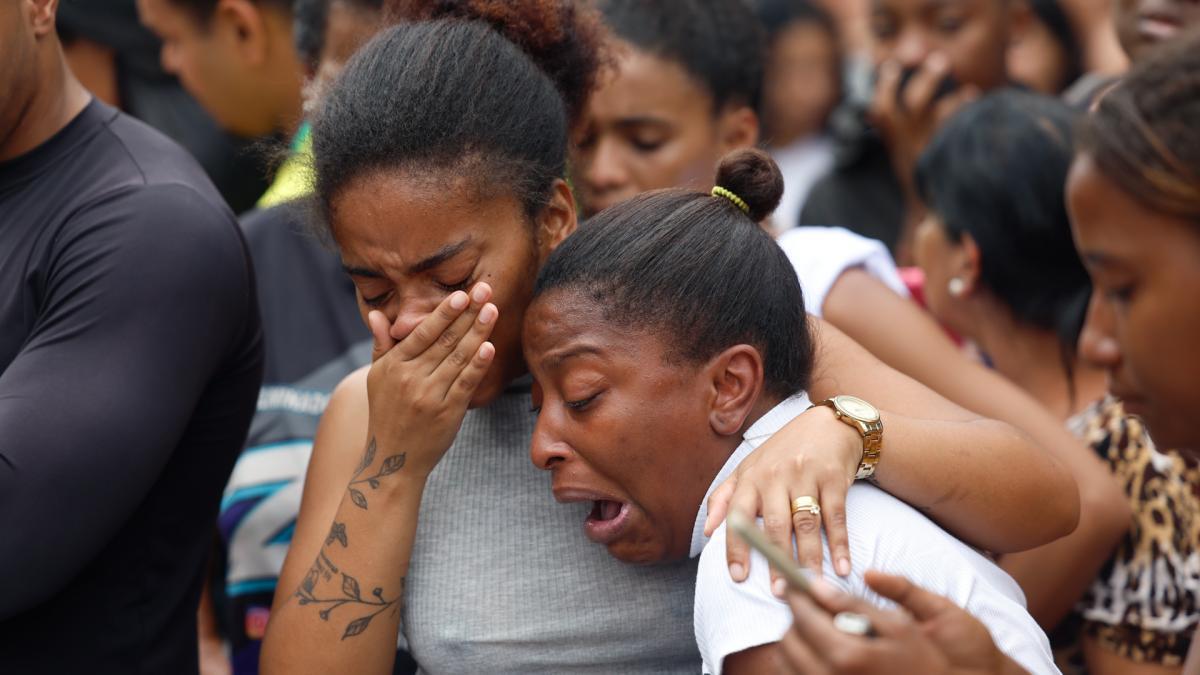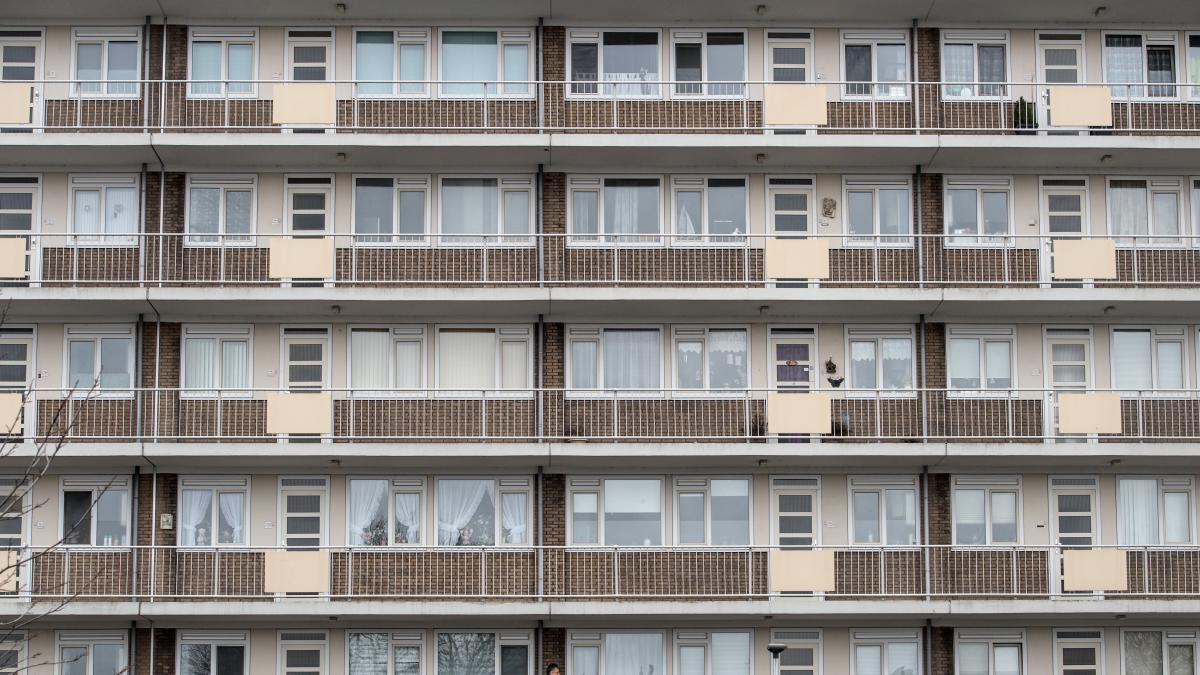Breivik, the Utoya Massacre Perpetrator, Seeks Parole from Norwegian Courts for a Second Time
Anders Behring Breivik, the notorious Norwegian far-right extremist responsible for the gruesome 2011 Norway attacks that claimed 77 innocent lives, is once again setting the stage for a highly controversial court hearing. On Tuesday, Breivik will plead before a court for early parole, marking the second attempt to gain his freedom from the confines of high-security prison.
Convicted in 2012 and sentenced to the maximum penalty of 21 years—potentially extendable if deemed a continued threat to society—Breivik’s initial request for parole was swiftly denied in January 2022. The court’s ruling then underscored a “clear risk” that Breivik would relapse into his former extremist ideals, thereby jeopardizing the safety of the nation he terrorized.
This latest request for probation emerges in the wake of several failed attempts to challenge the conditions of his confinement. In February 2024, he lost a critical lawsuit against the Norwegian state, which had stemmed from claims that his prolonged isolation infringed upon the European Convention on Human Rights prohibiting “inhuman treatment.” Breivik’s incarceration has been characterized by strict solitary confinement, significantly limiting his social interaction for over a decade.
Under Norwegian legislation, the 45-year-old terrorist is eligible to apply for early parole once a year after completing ten years of his sentence. His lawyer, Øystein Storrvik, cautioned AFP that while Breivik is formally asking for parole, the likelihood of success remains slim. During the hearing, Breivik is expected to address the court, and past instances reveal that he has utilized such opportunities to expound on his extremist ideologies.
An Attack that Changed Norway Forever
The impact of Breivik’s heinous acts on July 22, 2011, remains palpable throughout Norway. In the first of two coordinated attacks, Breivik detonated a bomb outside government buildings in Oslo, killing eight people and injuring over 200, before moving to the island of Utoya where he masqueraded as law enforcement and brutally shot down 69 people, predominantly teenagers attending a Workers’ Youth League (AUF) summer camp.
Breivik later claimed that his motivations were deeply rooted in a hatred for multiculturalism, a war he perceived against allegations of a “cultural suicide” imposed by immigration and social integration policies. The Utoya massacre has since been recognized as one of the deadliest mass shootings in history, leaving a scar that has not yet healed.
As he prepares for this week’s hearing, Breivik has been assessed by external psychologists for the first time in 12 years, producing a comprehensive report of over 100 pages. He asserts that this evaluation will demonstrate a degree of rehabilitation and understanding, a stance not echoed by the prosecution which maintains he has not demonstrated a change in mindset regarding his extremist views.
The court’s ruling on his parole is pending, yet the discourse surrounding Breivik’s request raises pressing questions about justice, rehabilitation, and the fine line between protecting society and acknowledging the human rights of individuals who once committed unspeakable atrocities. While Breivik’s legal struggles continue, they evoke a reminder of the complexities inherent in addressing the aftermath of terrorism.
In the wake of the Utoya tragedy, a national conversation has been ignited about the nature of hate, extremism, and the pathways to healing as Norway continues to come to terms with the legacy of a moment that forever changed the country.














